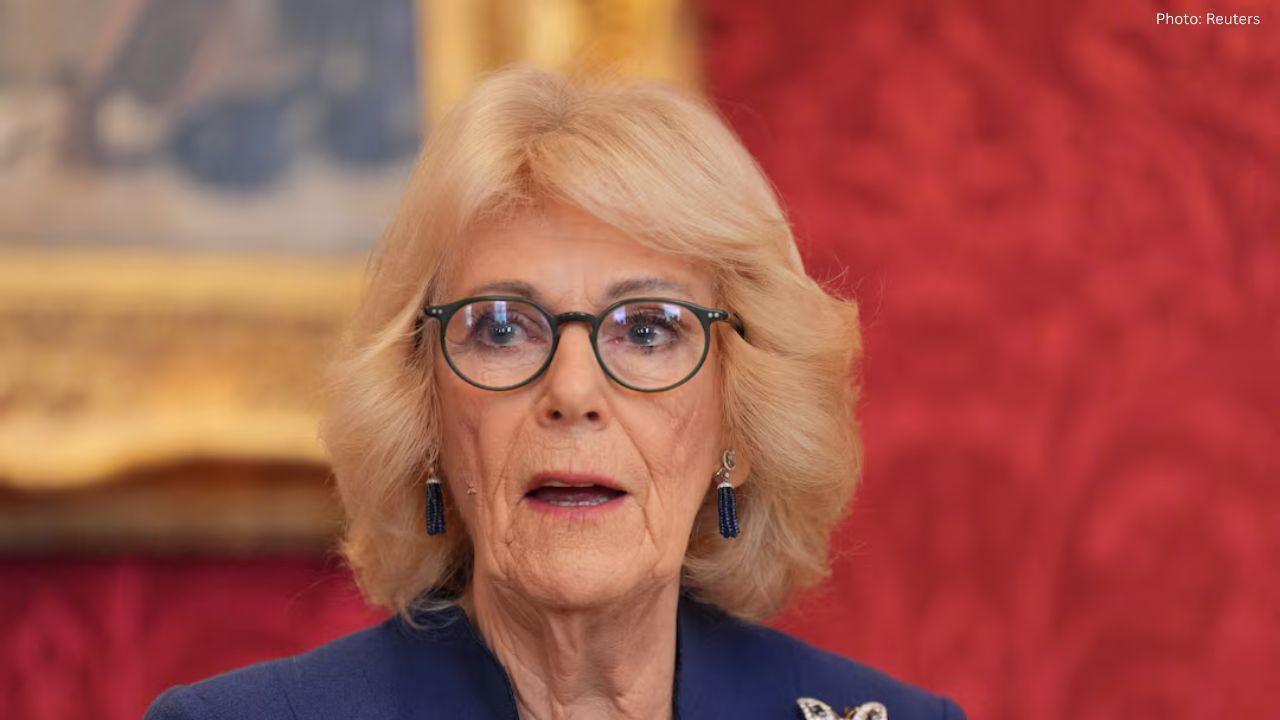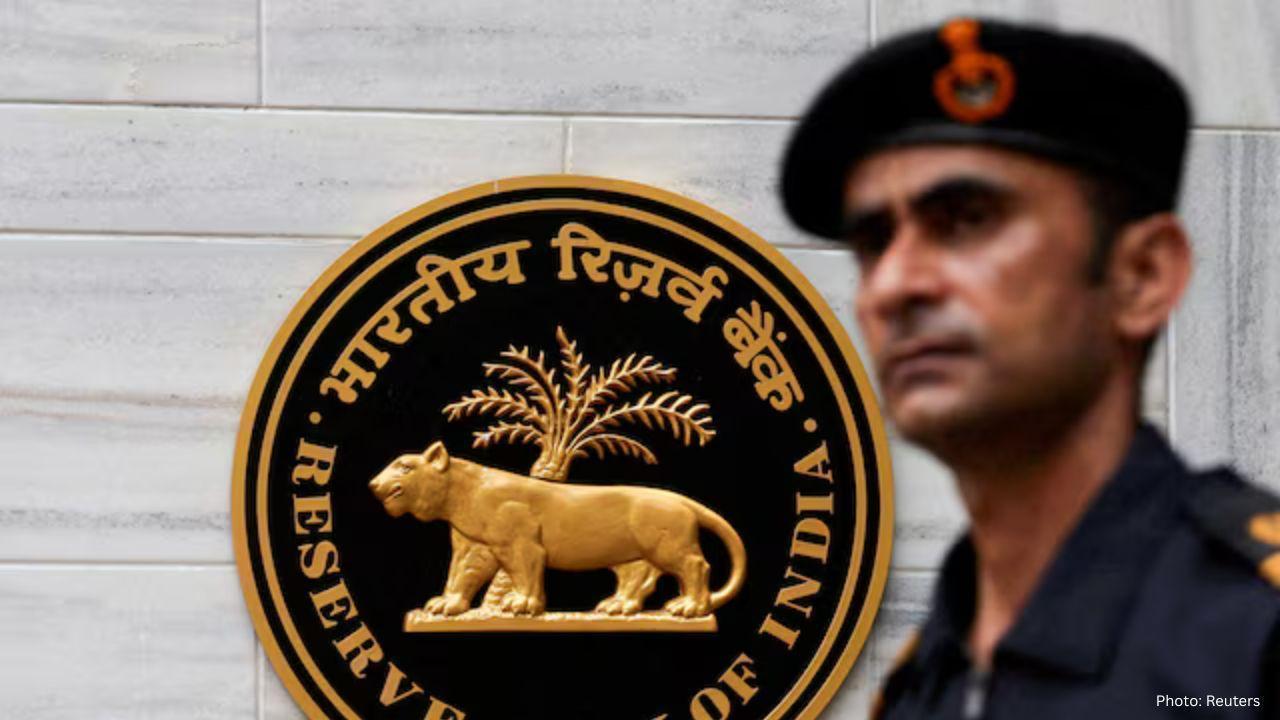You have not yet added any article to your bookmarks!

Join 10k+ people to get notified about new posts, news and tips.
Do not worry we don't spam!

Post by : Anis Farhan
Reading has always been more than just a pastime—it is a window into different worlds, cultures, and ideas. For centuries, books were the foundation of education, entertainment, and imagination. But in today’s world, where social media feeds, short videos, and digital distractions dominate, the culture of deep reading appears to be fading. For youth between the ages of 15 and 30, this shift raises an important question: will the next generation value the power of reading, or will it become a lost art? While trends suggest a decline, there are signs of revival too, with young readers finding new ways to connect with books through digital platforms and global communities. The power of reading, if embraced again, can shape not only individual growth but also collective progress.
Studies across the globe show that youth are reading fewer books compared to earlier generations. Instead of long-form content, they are drawn to bite-sized information from social media, online forums, and videos. This trend is partly due to the pace of modern life and the preference for instant gratification. Yet, reading still holds its ground in certain areas. The rise of audiobooks, e-books, and book clubs on platforms like Instagram and TikTok has sparked renewed interest among young people. BookTok, for example, has introduced millions of youths to genres they might not otherwise explore. This indicates that reading isn’t disappearing—it is evolving.
Reading offers unique benefits that no digital alternative can fully replace. It enhances critical thinking, expands vocabulary, and improves communication skills. For students and young professionals, these skills are crucial in both academic and career settings. Reading also fosters empathy by allowing individuals to step into someone else’s perspective, an ability increasingly important in a globalized and interconnected world. Beyond intellectual growth, reading provides mental health benefits, offering a sense of calm, focus, and escape from the overwhelming noise of digital life. For youth navigating complex transitions, the habit of reading can serve as both a guide and a refuge.
Despite its benefits, several barriers discourage youth from making reading a consistent habit. The dominance of screens and fast-paced entertainment makes books feel “slow” in comparison. Academic pressure and packed schedules leave little leisure time for reading. Additionally, rising costs of physical books and limited access to libraries in many regions reduce opportunities for regular readers. Some young people also struggle to connect with traditional literature, finding it outdated or irrelevant to their modern realities. Overcoming these challenges requires innovation and a fresh approach to how reading is presented to younger generations.
Ironically, while technology is often blamed for declining reading habits, it also holds the key to revival. E-books and audiobooks make reading more accessible, allowing youth to carry entire libraries in their smartphones. Apps with personalized recommendations and gamified reading challenges encourage consistent engagement. Social media has also created communities where young readers share reviews, recommendations, and book discussions. Platforms like BookTok and Goodreads have transformed reading from a solitary activity into a social trend. Instead of fighting technology, the future of reading depends on using it to complement and strengthen the habit.
Today’s youth are not necessarily rejecting reading—they are redefining what and how they read. Graphic novels, fantasy sagas, self-help books, and contemporary fiction have become popular genres. Many young readers are drawn to works that reflect their identities, struggles, and aspirations. Diversity in authorship and representation has fueled interest, allowing youth to see themselves in characters and narratives. Non-fiction, particularly around entrepreneurship, mental health, and social justice, has also gained traction among young adults who want to stay informed and empowered. This shift proves that reading is not dying but adapting to reflect changing cultural values.
For youth preparing to enter the workforce, reading remains an invaluable tool. Employers increasingly seek candidates with strong communication, critical thinking, and problem-solving abilities—all of which are sharpened by reading. Books on leadership, innovation, and creativity provide insights beyond what formal education offers. Moreover, lifelong learners who cultivate reading habits are better equipped to adapt to changing industries and technological advancements. For young entrepreneurs, reading about case studies and successful journeys of others often provides the inspiration and practical knowledge needed to succeed.
Mental health challenges such as stress, anxiety, and burnout are common among young people today. Reading offers a healthy outlet to manage these pressures. Unlike passive scrolling, reading engages the mind, encourages focus, and reduces overstimulation. Studies suggest that even 30 minutes of daily reading can lower stress levels significantly. Fictional narratives, in particular, provide escapism and relaxation, while non-fiction books on psychology and mindfulness empower youth with coping strategies. In a time when mental health awareness is on the rise, reading can serve as a form of therapy.
The responsibility to revive reading among youth does not rest on individuals alone. Parents can instill the habit early by reading with children and encouraging library visits. Educators can incorporate contemporary literature into curricula to make reading more engaging. Communities can organize book fairs, clubs, and reading challenges to foster collective enthusiasm. Governments and NGOs can play a role by improving library infrastructure, ensuring books are accessible in rural and urban areas alike. With collaborative effort, reading can be woven back into the fabric of everyday youth culture.
Young people themselves are also at the forefront of bringing reading back into relevance. Online reading groups, independent zines, and grassroots book clubs led by youth have gained momentum. These initiatives not only promote reading but also create platforms for young writers to share their work. By combining digital innovation with traditional reading practices, youth are redefining what it means to be a reader in the 21st century. Their involvement ensures that reading is not imposed as a duty but embraced as a passion.
The decline of reading among youth is not irreversible. While digital distractions present challenges, they also provide tools to reinvent and reinvigorate the culture of books. The future of reading lies in how effectively it adapts to youth needs, preferences, and lifestyles. If young people embrace the power of reading, they will not only enrich their personal lives but also strengthen society by becoming more empathetic, knowledgeable, and thoughtful citizens. Reading, ultimately, is not just about turning pages—it is about turning possibilities into reality. The question is not whether youth can revive the habit, but how quickly they will realize its value and lead the way.
This article is intended for informational and educational purposes only. It does not substitute professional advice on learning or mental health. Readers are encouraged to pursue reading in forms that best align with their interests and circumstances.










Ranveer Singh’s Dhurandhar Hits ₹1000 Cr Despite Gulf Ban Loss
Dhurandhar crosses ₹1000 crore globally but loses $10M as Gulf nations ban the film. Fans in holiday

China Claims India-Pakistan Peace Role Amid India’s Firm Denial
China claims to have mediated peace between India and Pakistan, but India rejects third-party involv

Mel Gibson and Rosalind Ross Split After Nearly a Decade Together
Mel Gibson and Rosalind Ross confirm split after nearly a year. They will continue co-parenting thei

Rashmika Mandanna, Vijay Deverakonda Set to Marry on Feb 26
Rashmika Mandanna and Vijay Deverakonda are reportedly set to marry on February 26, 2026, in a priva

FIFA Stands by 2026 World Cup Ticket Prices Despite Fan Criticism
FIFA defends the high ticket prices for the 2026 World Cup, introducing a $60 tier to make matches m

Trump Claims He Ended India-Pakistan War, Faces Strong Denial
Donald Trump says he brokered the ceasefire between India and Pakistan and resolved eight wars, but